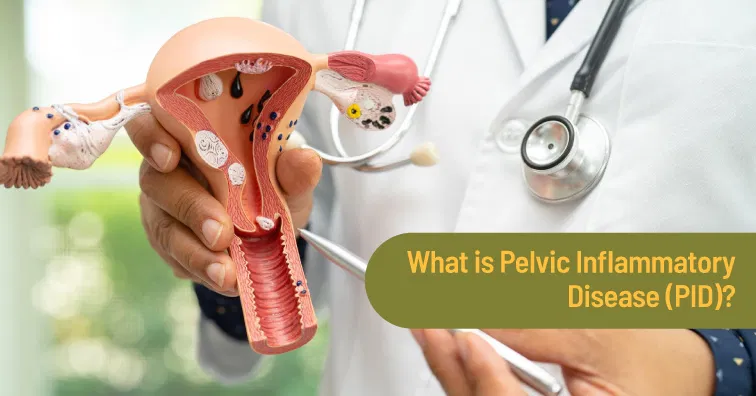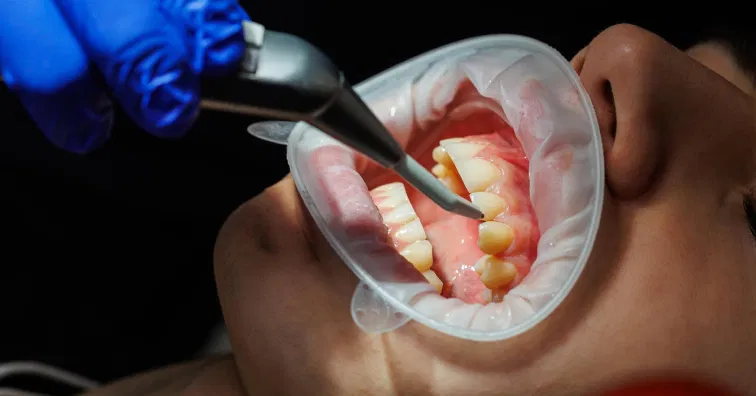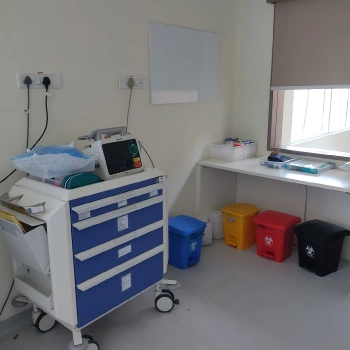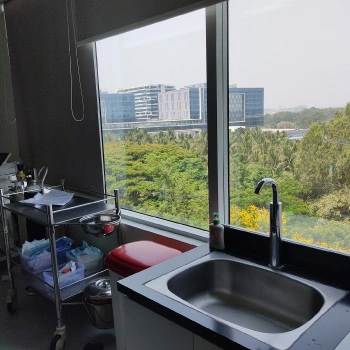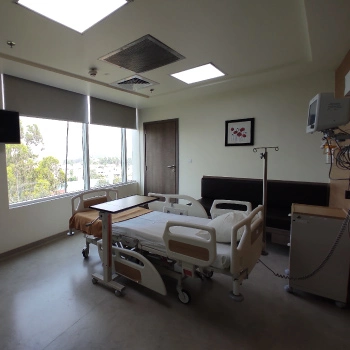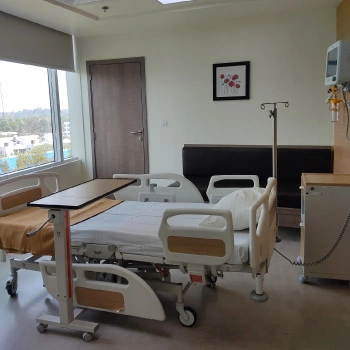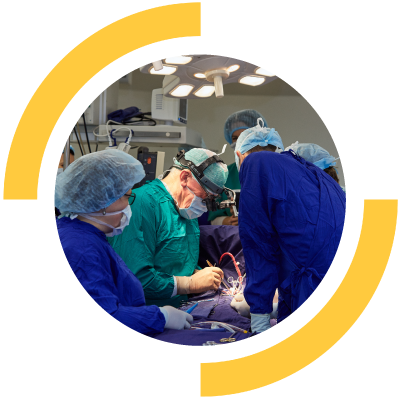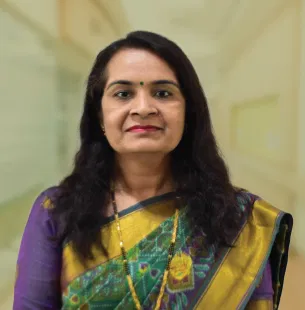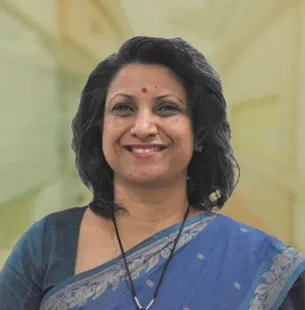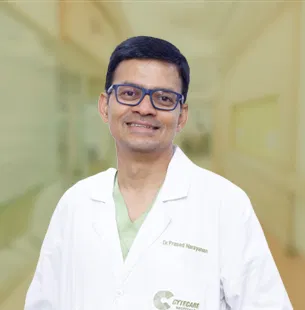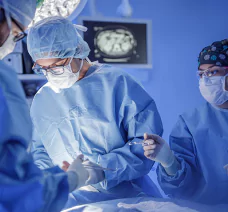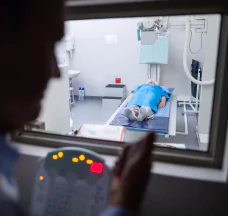What Are Stem Cells/Bone Marrow Cells?
Blood-forming stem cells are also called bone marrow cells or hematopoietic stem cells. They
are immature cells that can become any type of blood cell, including:
- White blood cells, help the body fight infections
- Red blood cells carry oxygen throughout the body
- Platelets, which are important in blood clotting and help control bleeding
Stem cells are made in the bone marrow. This is a sponge-like tissue that is found mainly
inside large bones like the breastbone, pelvis, ribs, and spine. Before a transplant, stem
cells can be collected from a person’s bone marrow or from their bloodstream.
Who Can Have A Stem Cell Transplant?
With the present improvements in supportive care medications and infrastructure a bone marrow
transplant or stem cell transplant can be done for any patient. May people who may not have
been able to have them in the past, including older people and those with other medical
conditions can undergo a stem cell transplant in a controlled setting.
The main concern in a stem cell transplant be it autologous ( own stem cells being used ) or
allogeneic ( donor stem cells being used ) is the immune system suppression associated with
the process for a period of time. During that period, people are at a higher risk for many
types of infections. The other common issues are side effects, including nausea, diarrhea,
mouth sores, and fatigue.
Due to these potential complications, some people are not candidates for bone marrow
transplants (stem cell transplants).
Types Of Stem Cell Transplants
There are two main types of bone marrow transplants /stem cell transplants: autologous and
allogeneic. In an autologous transplant, stem cells are collected from the patient’s blood
and then reintroduced after treatment to get rid of the cancerous cells. In an allogeneic
transplant, the stem cells come from another person. This can be someone within your family
or an unrelated donor. The unrelated donor transplants have increased in number with the
availability of donor banks and also with cord blood.
Successful stem cell transplants give people new, healthy bone marrow. Because donor cells
are used in allogeneic transplants, patients are also getting a new immune system that may
help protect against underlying cancer.
How A Stem Cell Transplant Is Done
This depends on the type of bone marrow transplant. In an Autologous transplant, the primary
disease has to be in remission before stem cells are collected.
The first step in any stem cell transplant (BMT), will be high dose chemotherapy or sometimes
a combination of chemotherapy and radiation. This treatment is called the preparative
regimen or conditioning. This is aimed to destroy cancer cells and also helping your body
get ready to accept the new stem cells.
Next, the stem cells are added to your bloodstream through a central venous catheter (a
flexible tube). This tube goes into your chest and makes it easier for your care team to
give you medications and blood products. The transplant is done in your room. It is like
having a blood transfusion. No surgery is required. After the procedure, the newly
transplanted stem cells travel to the bone marrow. There they will grow and develop into new
mature blood cells, including red and white blood cells and platelets.
It usually takes several weeks before the level of mature blood cells returns to a healthy
number. During this time, you will need extra protection from infections and bleeding.


